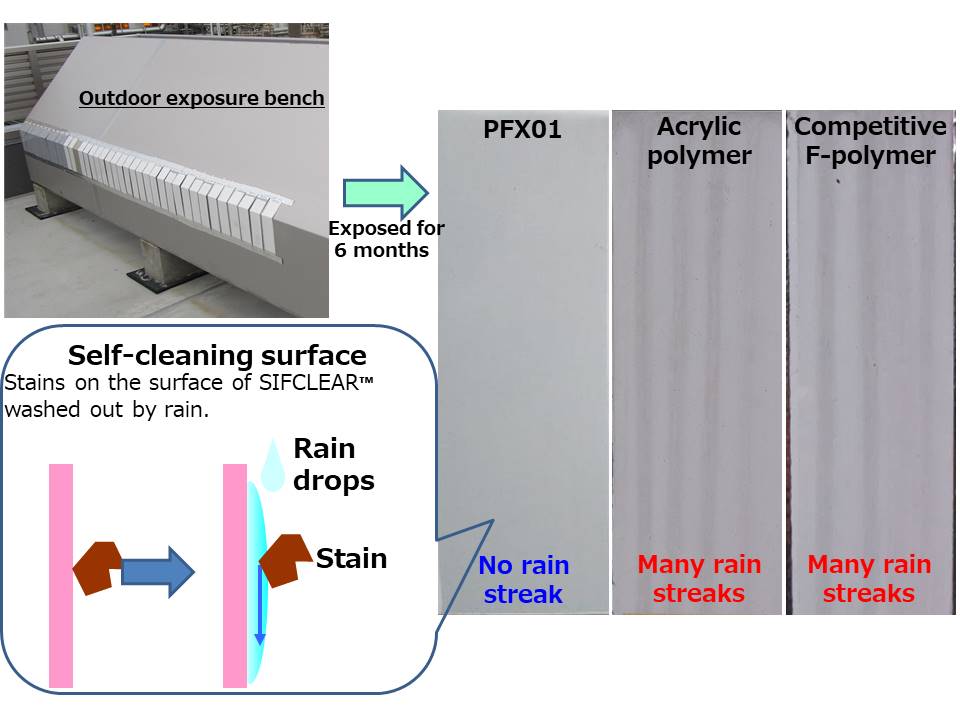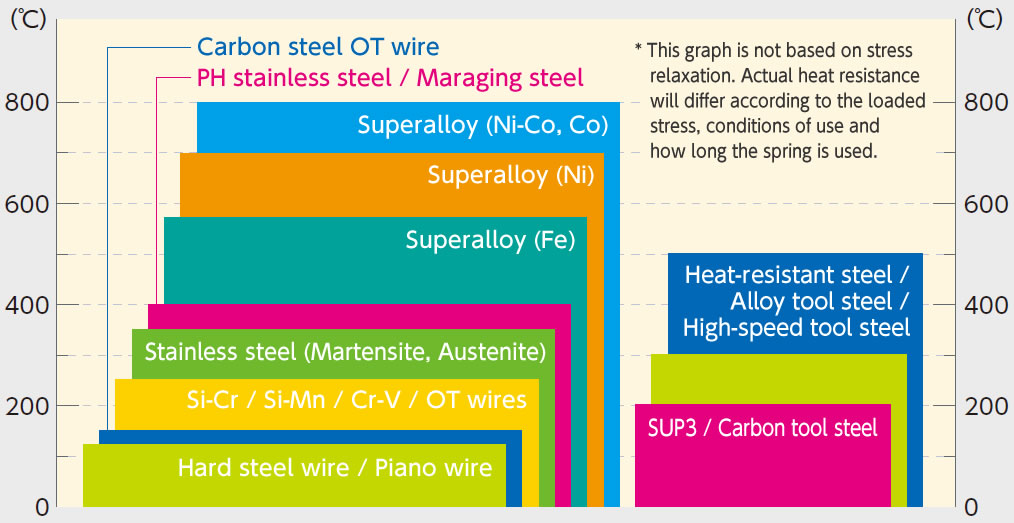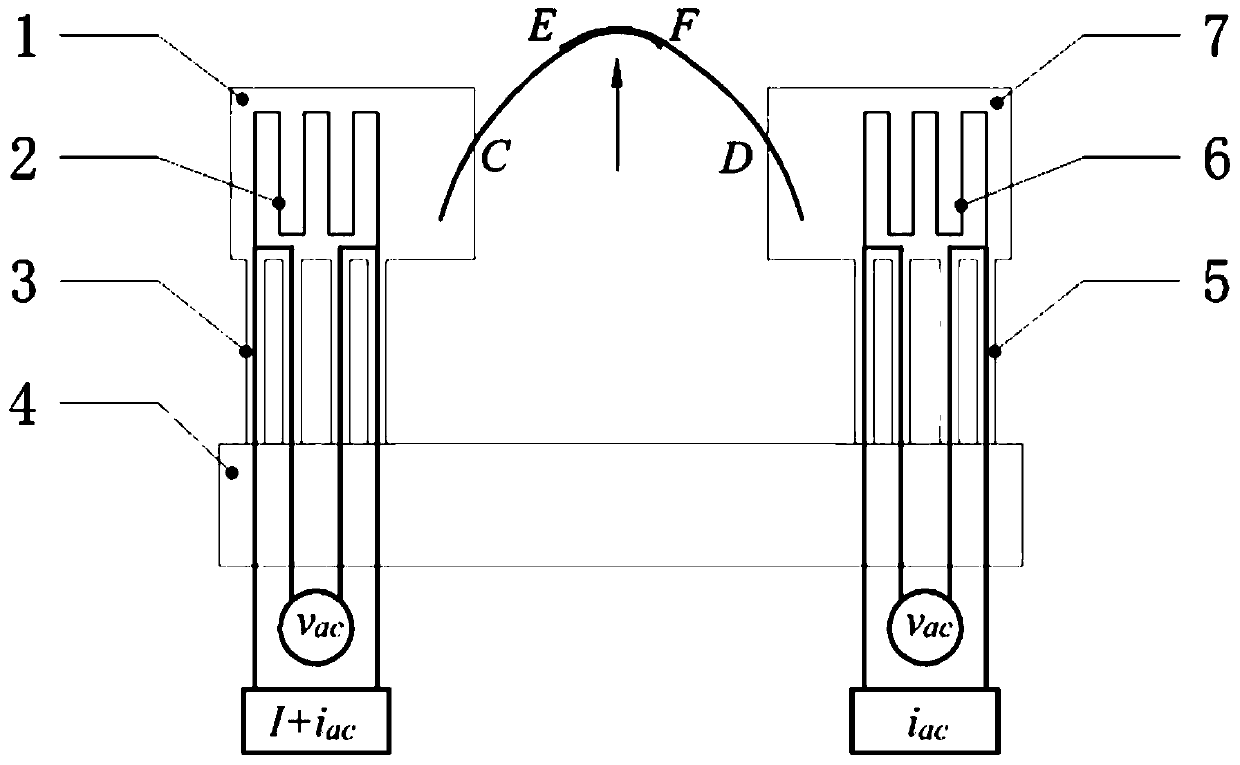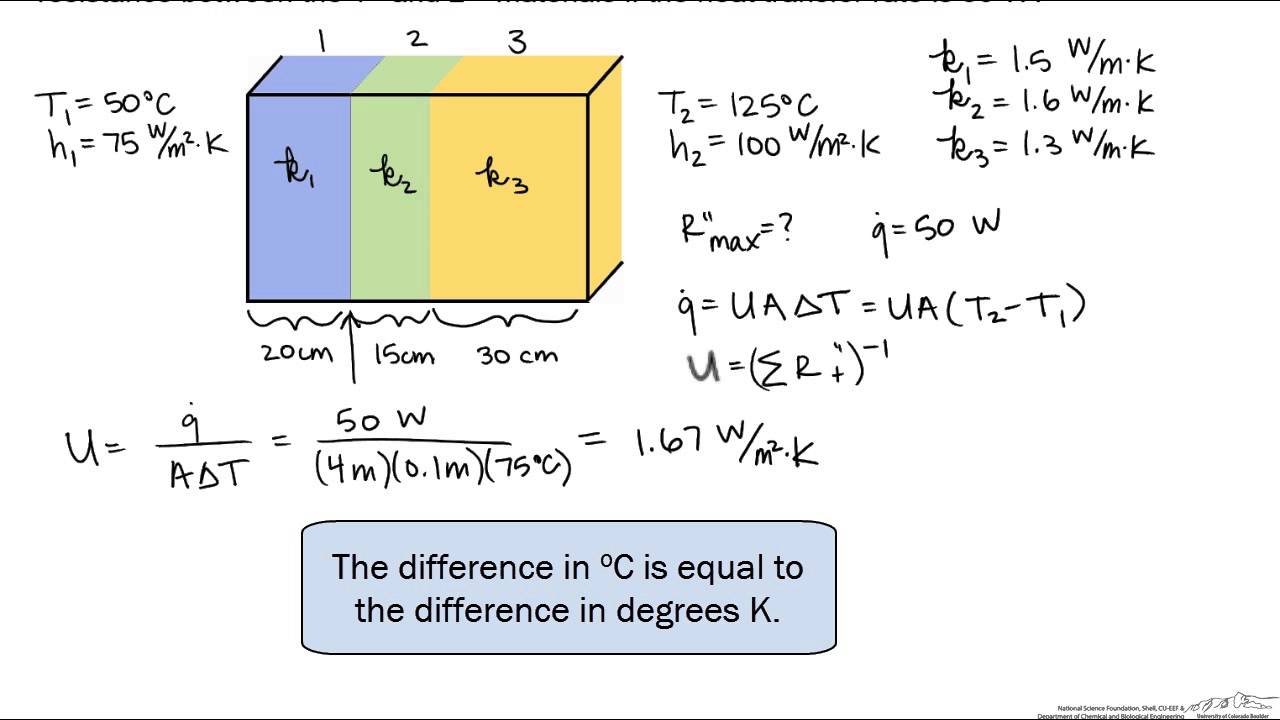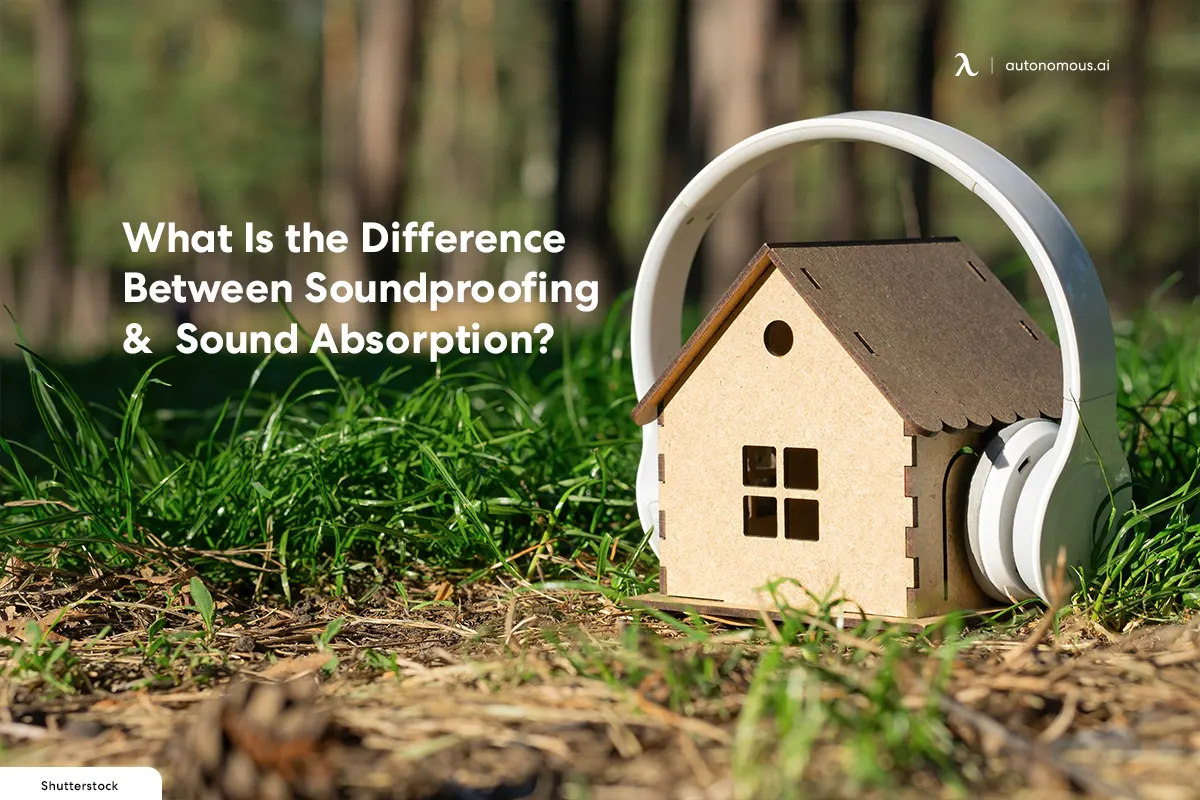Composite and granite kitchen sinks are made from very different materials. Composite sinks are typically made from a combination of natural materials such as quartz, granite, and acrylic resins. These materials are blended together and then molded into the desired shape. On the other hand, granite sinks are made from a single piece of natural stone that has been cut and polished to create a sink. This fundamental difference in material composition has a significant impact on the overall characteristics of the two types of sinks.1. Material Composition
When it comes to durability, granite sinks have the upper hand. Natural stone is known for its strength and durability, and granite is no exception. It is resistant to scratches, chips, and cracks, making it a long-lasting option for a kitchen sink. On the other hand, composite sinks may be more prone to scratches and chips, especially if they are made from a higher percentage of acrylic resins.2. Durability
The maintenance required for composite and granite sinks can vary. Granite sinks are relatively low maintenance, as they are resistant to stains and scratches. They can be easily cleaned with mild soap and water, and occasional resealing may be necessary to keep them looking their best. Composite sinks, on the other hand, may require more frequent cleaning and may be more susceptible to staining, especially if they are lighter in color.3. Maintenance
When it comes to cost, composite sinks are typically more budget-friendly. This is because they are made from a combination of materials, making them less expensive to produce. Granite sinks, on the other hand, can be more expensive due to the cost of the natural stone and the labor required to cut and polish it. However, the durability and longevity of a granite sink may make it a more cost-effective option in the long run.4. Cost
In terms of appearance, both composite and granite sinks offer a range of options. Composite sinks can be made to mimic the look of natural stone, but they may not have the same depth and variation in color. Granite sinks, on the other hand, offer a unique and natural beauty with their rich colors and patterns. However, the appearance of granite sinks can vary depending on the specific slab used, so it's important to choose carefully.5. Appearance
Installing a composite or granite sink can also differ in terms of complexity and cost. Composite sinks are typically lighter in weight, making them easier to install. They can also be installed as a drop-in or undermount sink. Granite sinks, on the other hand, are heavier and may require professional installation. They are typically installed as undermount sinks, which may add to the overall cost.6. Installation
When it comes to stain resistance, granite sinks have the advantage. The natural stone is resistant to most stains, including coffee, wine, and oil. However, composite sinks may be more prone to staining, especially if they are lighter in color. It's important to clean up spills and stains promptly to prevent any lasting discoloration.7. Stain Resistance
In terms of heat resistance, both composite and granite sinks have their limitations. Granite sinks can withstand high temperatures, making them suitable for use with hot pots and pans. However, extreme and sudden changes in temperature can cause the sink to crack. Composite sinks, on the other hand, may also be susceptible to heat damage and can be damaged by placing hot objects directly on the surface.8. Heat Resistance
When it comes to reducing noise, composite sinks may have the upper hand. The combination of materials used in composite sinks can help to absorb sound, making them a quieter option in the kitchen. Granite sinks, on the other hand, may be more prone to echoing and loud noises due to their solid stone construction.9. Sound Absorption
Both composite and granite sinks have pros and cons when it comes to their environmental impact. Composite sinks may be more eco-friendly as they are often made from a blend of recycled materials. Granite sinks, on the other hand, require mining and processing of natural stone, which can have a greater impact on the environment. However, granite is a natural and durable material, so it may have a longer lifespan and produce less waste over time.10. Environmental Impact
The Durability Factor: Composite vs Granite Kitchen Sinks
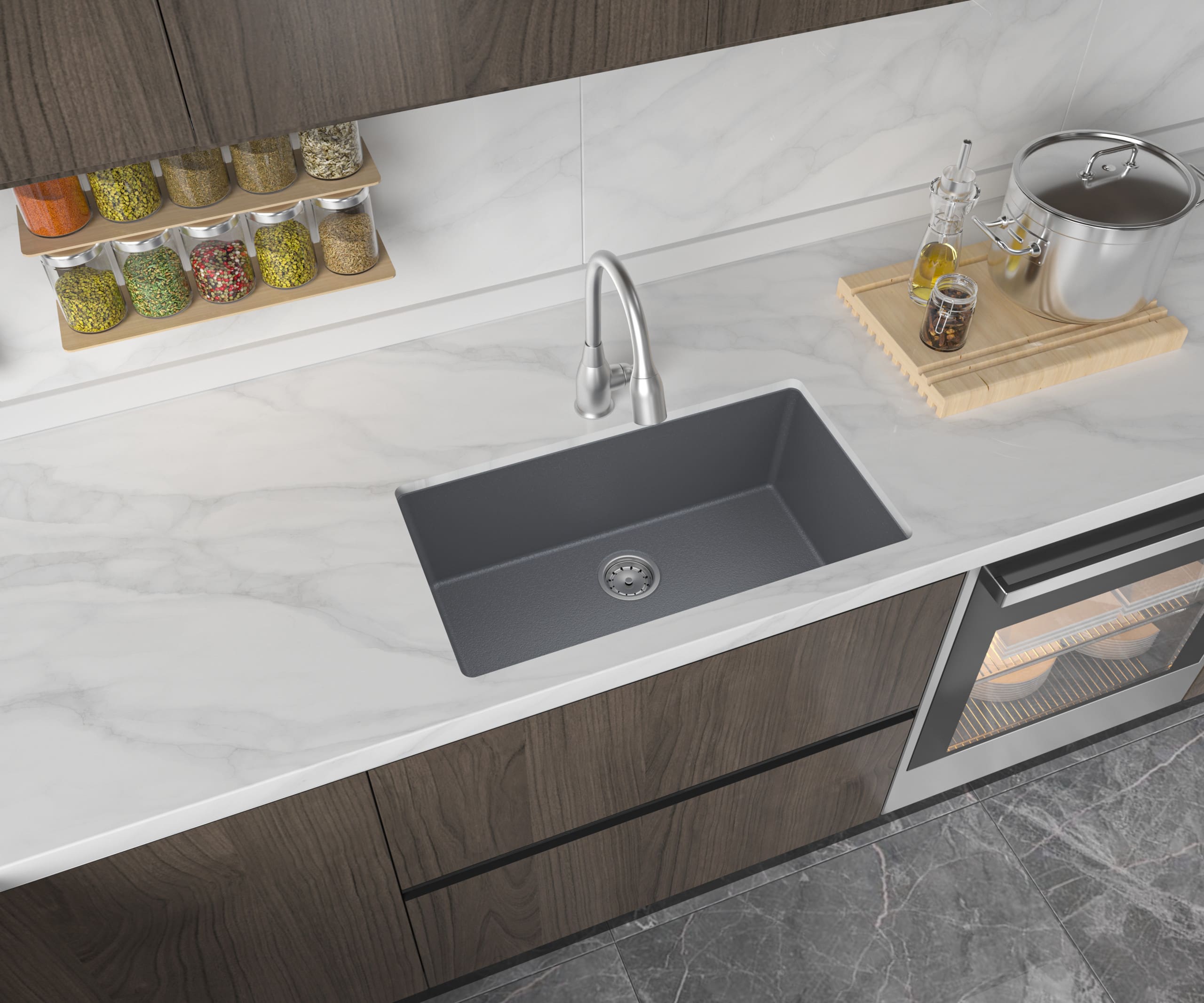
Composite Kitchen Sinks
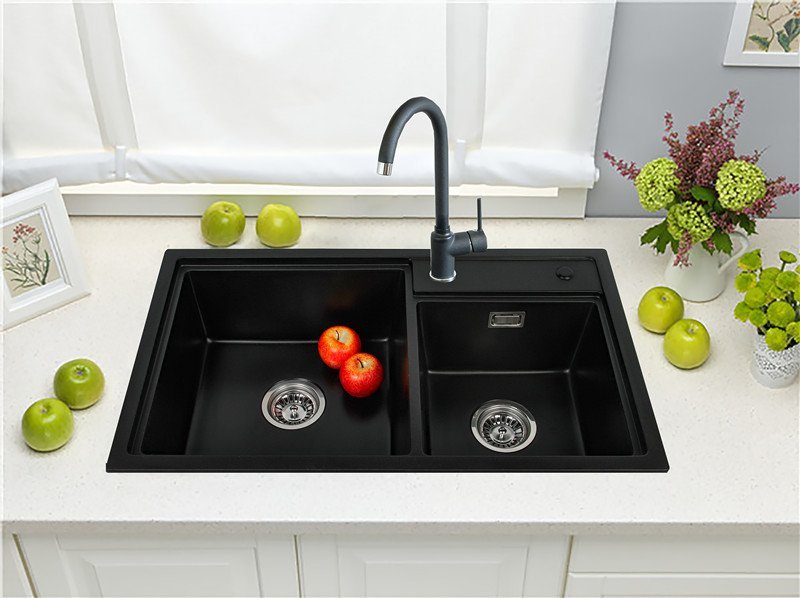 Composite kitchen sinks are made from a combination of different materials such as quartz, granite, or acrylic resins. These sinks are known for their durability and strength, making them a popular choice for many homeowners. They are also resistant to scratches, stains, and heat, making them a practical option for busy kitchens.
Composite sinks
come in a variety of colors and styles, providing a modern and sleek look to any kitchen.
One of the main advantages of composite kitchen sinks is their affordability. They are typically less expensive than granite sinks, making them a budget-friendly option for those looking to upgrade their kitchen without breaking the bank.
Composite sinks
are also relatively lightweight, making them easier to install compared to heavier materials like granite.
However, composite sinks are not without their drawbacks. Over time, they may start to show signs of wear and tear, such as fading or discoloration, especially if they are exposed to harsh chemicals or extreme temperatures. While they are durable, they may not be as strong as granite sinks and are more prone to chipping or cracking if heavy objects are dropped on them.
Composite kitchen sinks are made from a combination of different materials such as quartz, granite, or acrylic resins. These sinks are known for their durability and strength, making them a popular choice for many homeowners. They are also resistant to scratches, stains, and heat, making them a practical option for busy kitchens.
Composite sinks
come in a variety of colors and styles, providing a modern and sleek look to any kitchen.
One of the main advantages of composite kitchen sinks is their affordability. They are typically less expensive than granite sinks, making them a budget-friendly option for those looking to upgrade their kitchen without breaking the bank.
Composite sinks
are also relatively lightweight, making them easier to install compared to heavier materials like granite.
However, composite sinks are not without their drawbacks. Over time, they may start to show signs of wear and tear, such as fading or discoloration, especially if they are exposed to harsh chemicals or extreme temperatures. While they are durable, they may not be as strong as granite sinks and are more prone to chipping or cracking if heavy objects are dropped on them.
Granite Kitchen Sinks
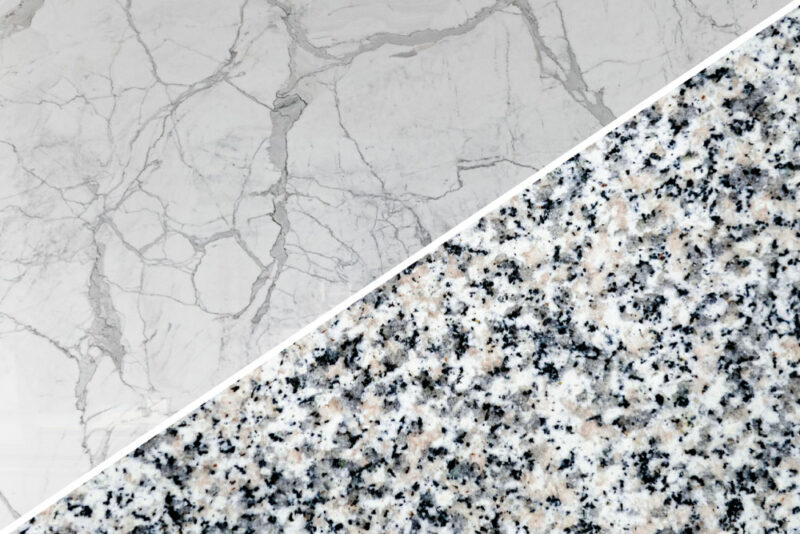 On the other hand,
granite kitchen sinks
are made from a single piece of natural stone, making them extremely durable and long-lasting. They are resistant to scratches, stains, and heat, and can withstand heavy use without showing any signs of wear and tear.
Granite sinks
also come in a variety of colors and patterns, giving homeowners the option to choose a sink that complements their kitchen design.
Another advantage of granite kitchen sinks is their unique and luxurious appearance. The natural patterns and colors of the stone add a touch of elegance to any kitchen, making them a popular choice for high-end homes. They also have a smooth and non-porous surface, making them easy to clean and maintain.
However, the main drawback of granite sinks is their cost. They are significantly more expensive than composite sinks, making them a less practical option for those on a budget. They are also heavier and may require professional installation, adding to the overall cost.
On the other hand,
granite kitchen sinks
are made from a single piece of natural stone, making them extremely durable and long-lasting. They are resistant to scratches, stains, and heat, and can withstand heavy use without showing any signs of wear and tear.
Granite sinks
also come in a variety of colors and patterns, giving homeowners the option to choose a sink that complements their kitchen design.
Another advantage of granite kitchen sinks is their unique and luxurious appearance. The natural patterns and colors of the stone add a touch of elegance to any kitchen, making them a popular choice for high-end homes. They also have a smooth and non-porous surface, making them easy to clean and maintain.
However, the main drawback of granite sinks is their cost. They are significantly more expensive than composite sinks, making them a less practical option for those on a budget. They are also heavier and may require professional installation, adding to the overall cost.
The Verdict
 In conclusion, both composite and granite kitchen sinks have their own set of advantages and disadvantages. It ultimately comes down to personal preferences and budget when choosing between the two. If durability and affordability are top priorities, then composite sinks may be the better choice. However, for those looking for a luxurious and long-lasting option,
granite kitchen sinks
are the way to go. Whichever option you choose, both composite and granite sinks will add functionality and style to your kitchen for years to come.
In conclusion, both composite and granite kitchen sinks have their own set of advantages and disadvantages. It ultimately comes down to personal preferences and budget when choosing between the two. If durability and affordability are top priorities, then composite sinks may be the better choice. However, for those looking for a luxurious and long-lasting option,
granite kitchen sinks
are the way to go. Whichever option you choose, both composite and granite sinks will add functionality and style to your kitchen for years to come.

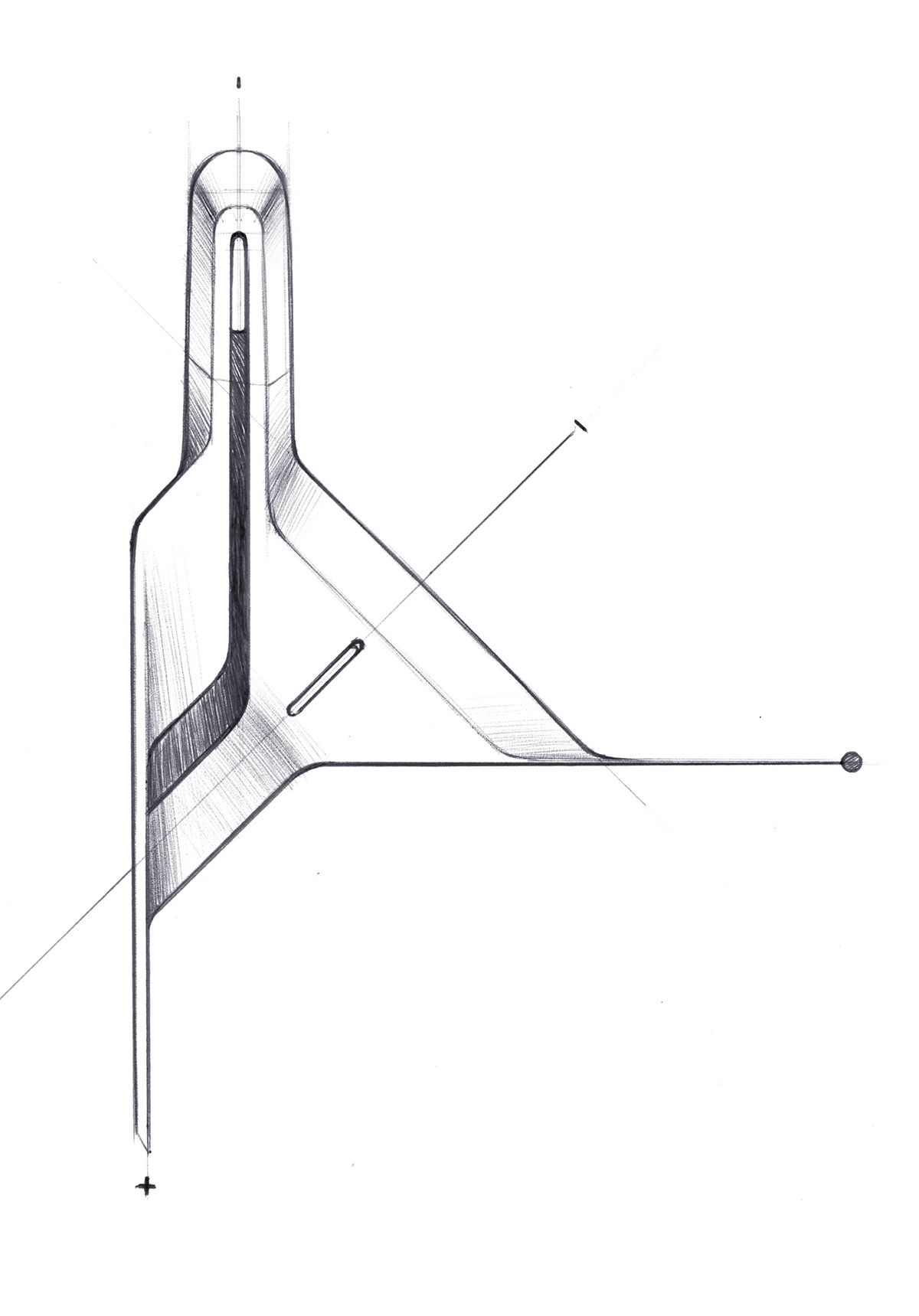

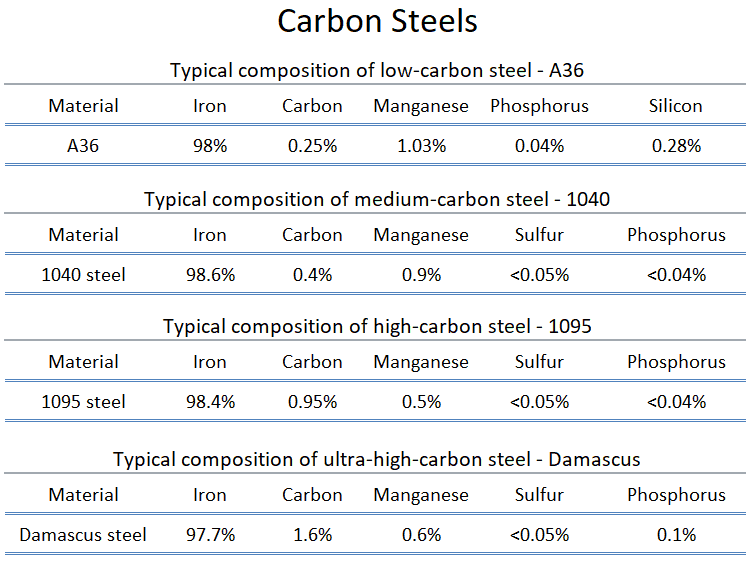



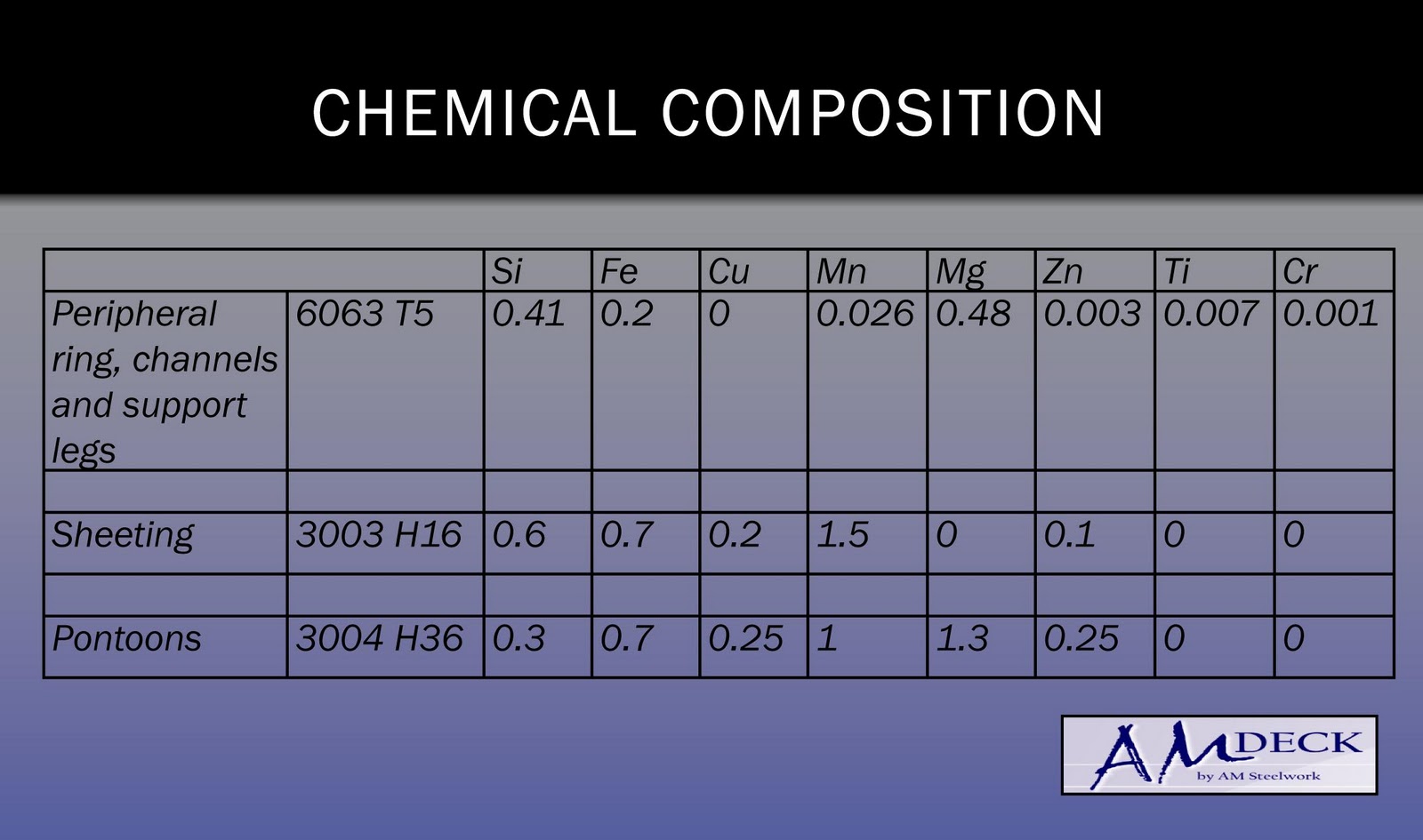




















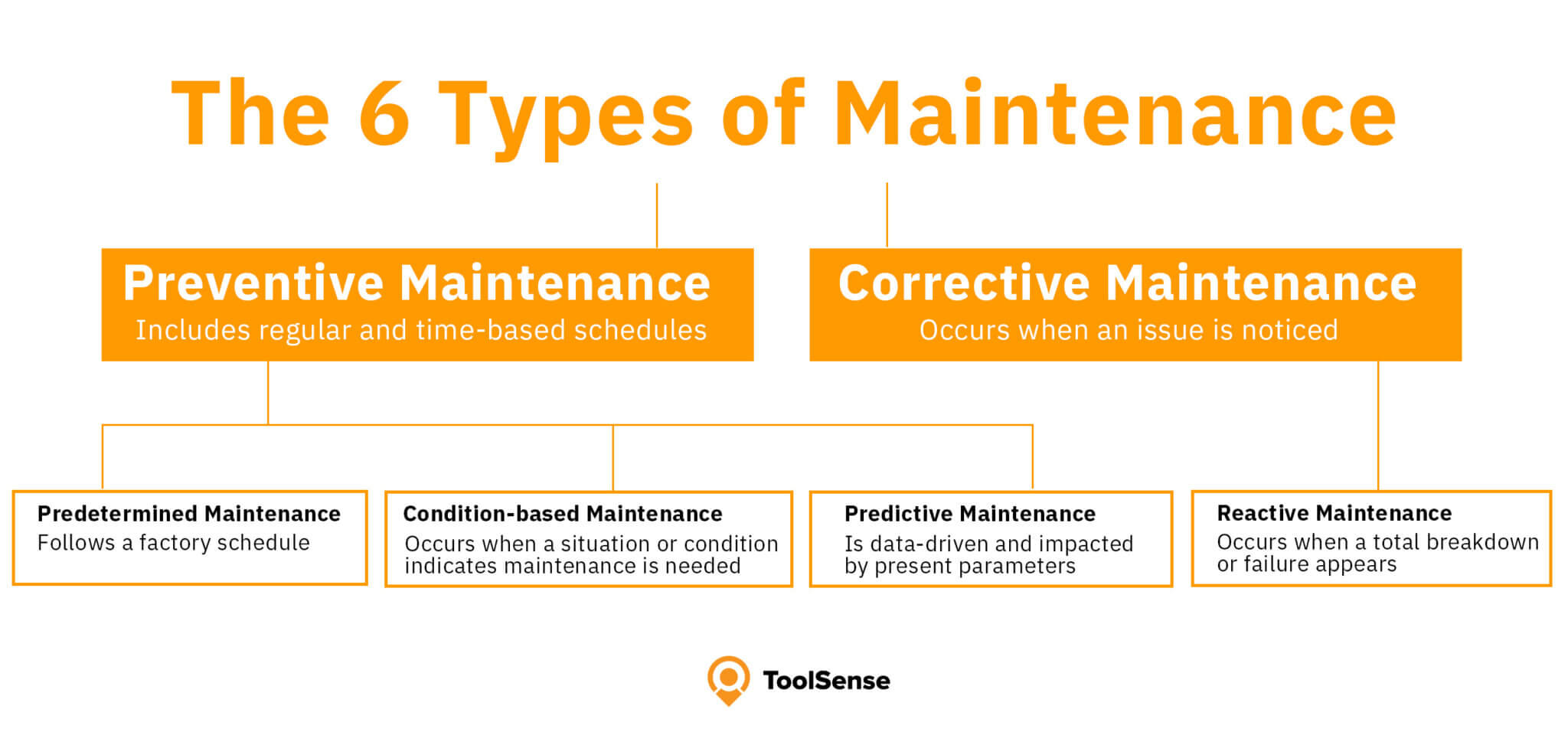

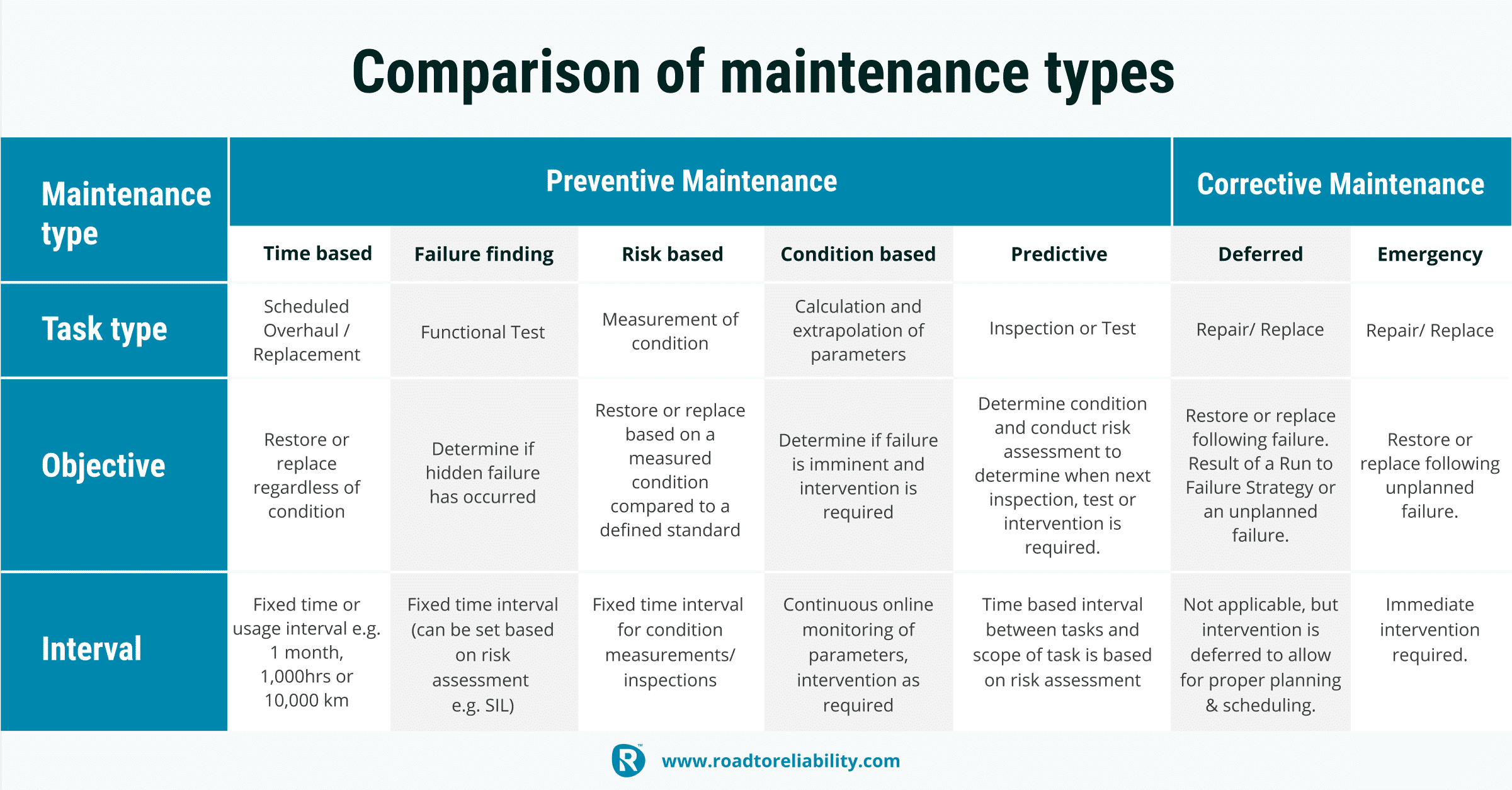
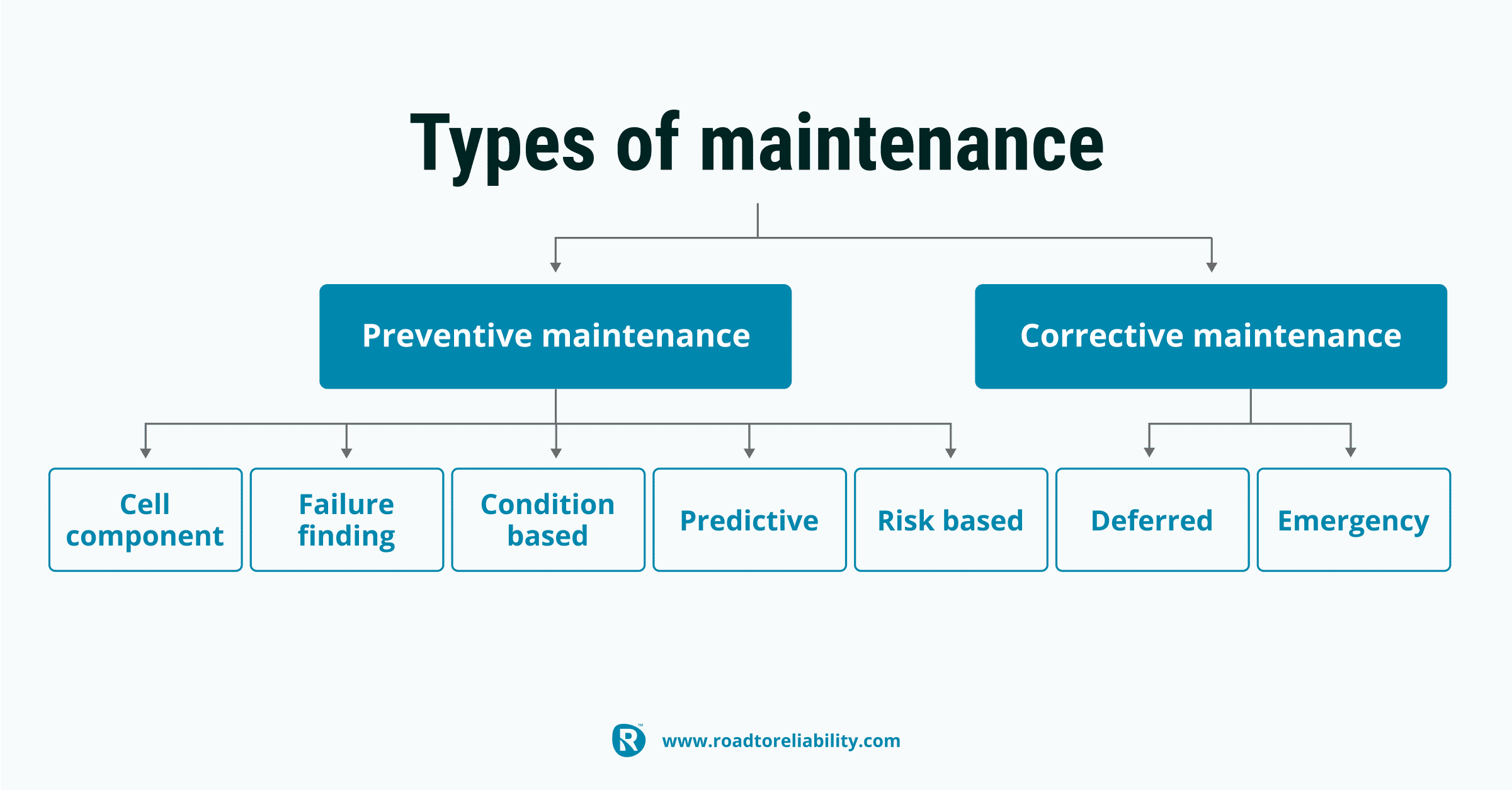














/iphone_4_hero_4x3_1-583f9d743df78c02302822f6.jpg)






























